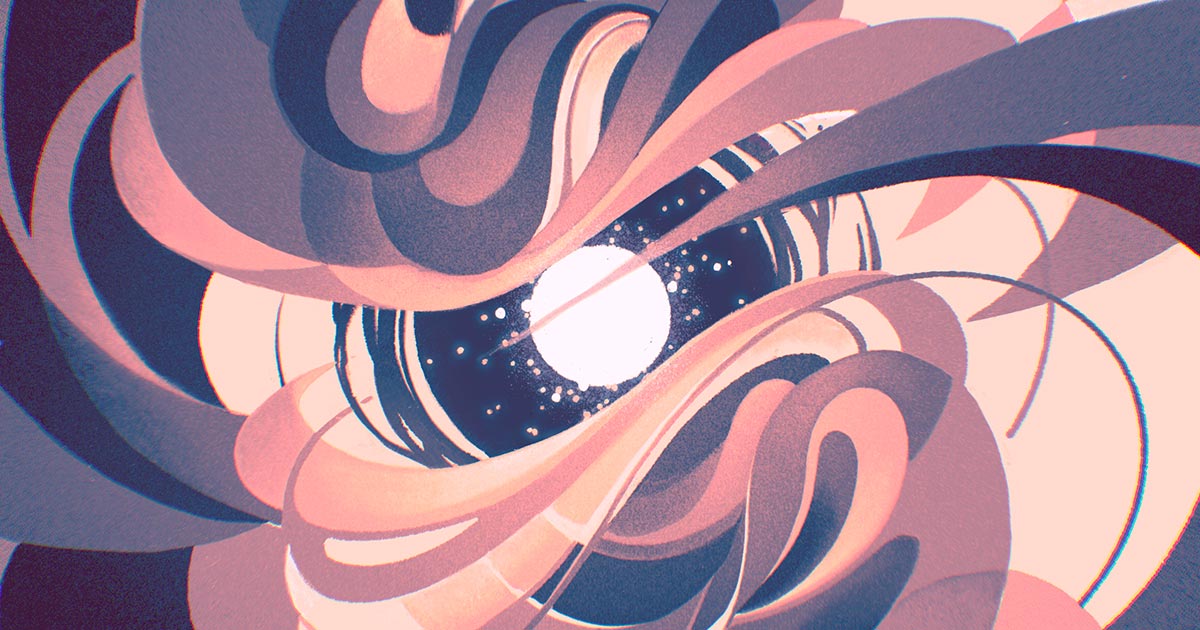- May 28, 2018
- 14,324
- 6,398
- 69
- Country
- United States
- Gender
- Male
- Faith
- Reformed
- Marital Status
- Widowed
Let me see how you react to this, which I have posited (for effect) before, but never heard anything valid to render it "bogus":Ah, the intended meaning (if I was saying something like that) is how nature appears to be organized so that it works beautifully and perfectly yet also appears unlikely to be all predetermined (Bell Test experiments in modern physics have made it seem likely that nature has randomness instead of determinism; that the classical 'clockwork universe' idea is only an approximation that isn't really accurate). In that case, you have both randomness in nature, and order, naturally....
How? In short, because vast numbers of particles behaving randomly on the individual level but by fixed laws of probability will then create macro systems (large collections of particles) that have order.
The reason particles with movements/actions that happen (seemingly by random chance) but also by fixed probabilities lead to ordered systems is because of the physics (relationships) of the particles.
In this way, the chaos of the individual particles still creates a reliable macro phenomena. Naturally. Order arises from chaos naturally. Like a hand and glove.
It's because the laws the particles are following are fixed/ordered, the probabilities reliably constant. So, the individual particle cannot be predicted, nor the weather a year out to precision (down to how many tenths of a inch of rain in Austin on May 24, 2024, etc.), yet nevertheless, we can predict often very well whether it will rain hours later today...
Throughout all empirical experience, so far, only one thing has ever been shown possible —which is, 'whatever happens'. If that's all we have ever seen happen, then how can we say that there is a range of possible things that can happen in the future? Therefore, there is only one possibility for what will happen.
We have built a whole mathematical system on probability, but we fail to admit that it is only OUR speculation, not actual multiple possibilities. WE DON'T KNOW.
Upvote
0


